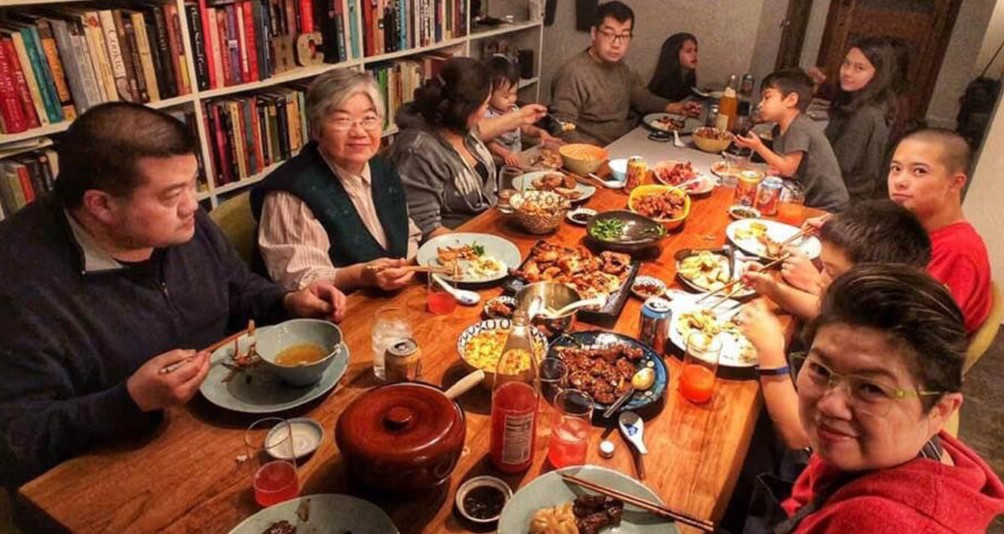Chinese American families across the United States celebrated the Lunar New Year to herald the Year of the Dragon.
The holiday brought generations together to share dishes rich in symbolism. After the recent pandemic, the holidays took on a deeper meaning. “I think we were even more grateful this year that we got to spend time with each other,” says Christine Gallary, a food editor in San Francisco.
“Food is what brings people around the table,” said Hsiao-Ching Chou, who teaches cooking classes in Seattle and is author of the cookbooks ‘Chinese Soul Food’ and ‘Vegetarian Chinese Soul Food’.
“Because all the foods are imbued with symbolism for wealth, prosperity, long life, health and family, the feast becomes more exalted as part of the experience,” she said. Nian gao — a glutinous rice dessert — is very sticky, a characteristic that references families sticking together, for example.
Many other dishes also contributed to the feast, with noodles symbolizing longevity, so there was typically a noodle dish on the table. Dumplings, which are shaped like the ingot currency used in the Ming dynasty, symbolize wealth and prosperity. Fish, prepared whole, offers yearly abundance from beginning to end.
Dorothy Huang, author of Dorothy Huang’s Chinese Cooking and Chinese Cuisine Made Simple, says some people prepared eight dishes for the Lunar New Year because eight is a lucky number in the Chinese culture. The word “eight” in Mandarin is pronounced “ba,” which sounds very similar to “fa.”
The expression “fa cai” means getting rich, says Huang. In fact, the Lunar New Year greeting of “Gong Xi Fa Cai” in Mandarin — or “Gong Hay Fat Choy” in Cantonese — translates to “Wishing you prosperity.” Historically, the Lunar New Year is when families enjoy great abundance, said Maggie Zhu, a blogger and recipe developer in New York who focuses on Chinese food.
It’s “the time to splurge on things, so you make sure you serve the best food,” she said. When growing up in Beijing, Zhu would join her extended family at her grandmother’s house on the eve of the Lunar New Year to wrap dumplings.
The next day, her grandmother would prepare an enormous feast. Now that Zhu lives far from family, she misses those gatherings.
Her nostalgia prompted her to re-create traditional recipes on her blog, Omnivore’s Cookbook. She and her husband plan a quiet celebration by themselves, over hotpot or Chinese takeout.
They will also make her grandmother’s dumplings. In San Francisco, Gallary, who has been experimenting with a steamed pork bun recipe, will keep things simple. But she wants her young daughter to grow up with happy memories of the Lunar New Year, as Gallary did.
“It’s important because it expands your world view,” she said. In Seattle, Chou said that she will celebrate with immediate family (husband, two children and mother), and they will make all the traditional dishes.
She also will make dumplings to deliver to the front doors of her brothers and their families, who live nearby. Huang, in Austin, Texas, says her cooking plans are still up in the air, but she has no doubt that her family looks forward to good food and good fortune.











